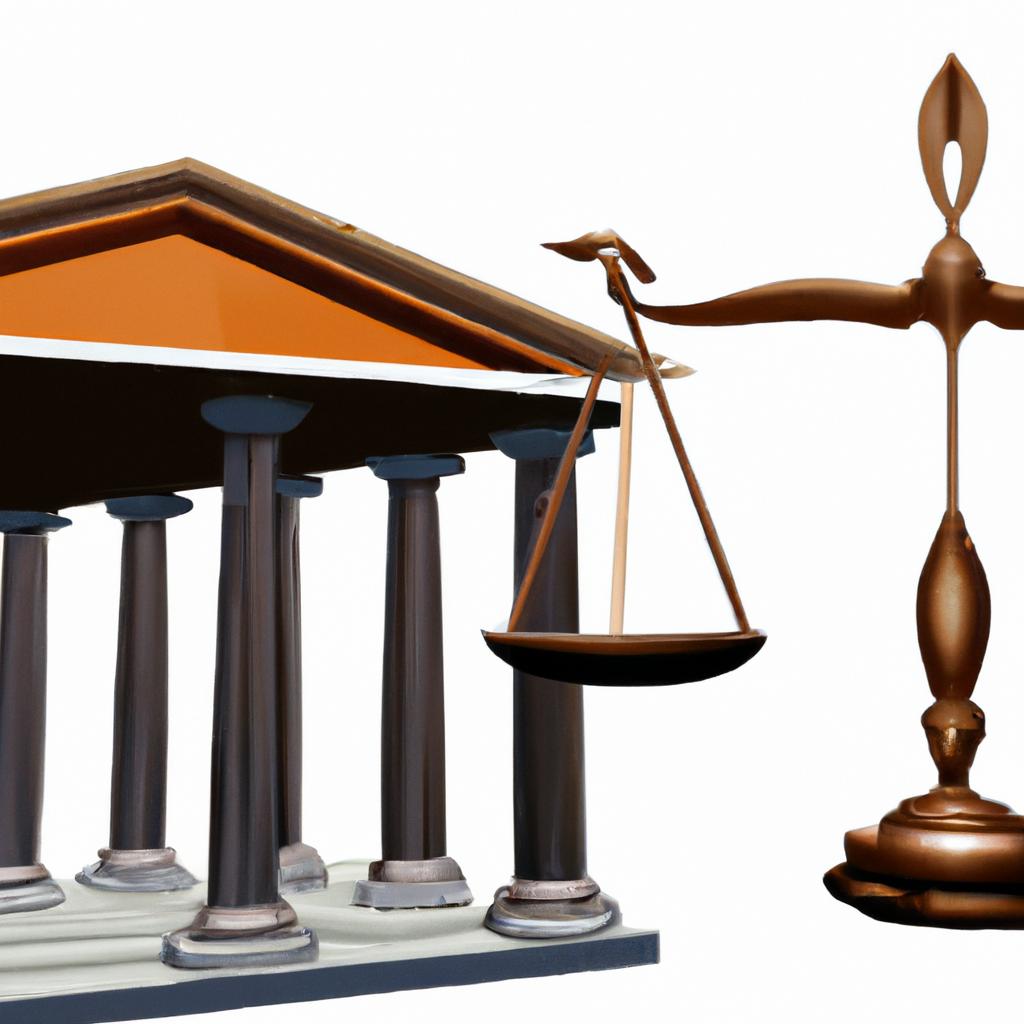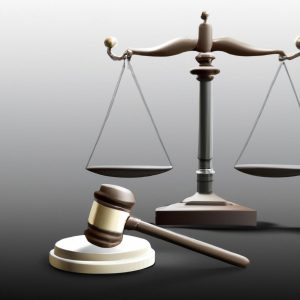When an individual passes away, the fate of their most valuable possession – their home – becomes a critical question to address. In the intricate web of laws and procedures governing estates, understanding what happens to a house after the owner’s passing is paramount. At Morgan Legal Group, located in New York City, we specialize in estate planning, probate, elder law, Wills, and trusts. In this article, we will delve into the intricacies of what occurs to a deceased individual’s house and the steps one must take to navigate this often complex process.
Understanding the Legal Process of Probate After a Homeowner’s Death
Probate is often necessary after a homeowner passes away in order to officially transfer ownership of their property to their heirs or beneficiaries. The legal process of probate can be complex and time-consuming, involving several steps that must be completed before the property can be distributed. Here is an overview of what happens to a homeowner’s house after they pass away:
During the probate process, the court will appoint an executor or personal representative to oversee the distribution of the homeowner’s assets, including their house. The executor is responsible for identifying all of the homeowner’s assets, including the house, and determining their value. Once this information is gathered, the executor can begin the process of transferring ownership of the house to the heirs or beneficiaries. This may involve paying off any outstanding debts or taxes on the property, obtaining appraisals, and filing the necessary legal documents with the court to transfer the title of the property.

Considerations for Family Members Regarding Inheritance and Property Rights
When someone passes away, their house becomes part of their estate. The fate of the house will depend on various factors, including whether the deceased had a Will in place, the laws of the state where the property is located, and the specific wishes of the deceased regarding the distribution of their assets. It is important for family members to understand the different scenarios that may play out in relation to the inheritance and property rights associated with the house.
Family members should consider the following aspects when dealing with the inheritance of a house:
- Probate Process: The house may need to go through the probate process, where a court determines the validity of the Will and oversees the distribution of assets.
- Intestate Succession: If the deceased did not have a Will, the property may be distributed according to the state’s laws of intestate succession.
Table: Possible Scenarios for Inheritance of a House
| Scenario | Outcome |
|---|---|
| Deceased had a Will | House distributed according to the terms of the Will |
| No Will, but surviving spouse and children | House may be divided among spouse and children |

Navigating the Transfer of Homeownership Through Wills and Trusts
When it comes to the transfer of homeownership through wills and trusts, it is crucial to understand the legal processes and implications involved. In the unfortunate event of someone passing away, their house will typically be transferred according to their estate plan. This can be done through a will, trust, or other legal mechanisms, depending on the individual’s preferences and circumstances.
One key aspect to consider is whether the individual had a valid will in place at the time of their passing. If there is a will, the property will be distributed according to the instructions outlined in the document. If there is no will, the property may be subject to state intestacy laws, which determine how assets are distributed in the absence of a will. Consulting with an experienced estate planning attorney can help navigate the complexities of transferring homeownership through wills and trusts, ensuring that the process is carried out smoothly and efficiently.

Recommendations for Properly Dealing with Real Estate Assets in Estate Planning
When someone passes away, their house becomes part of their estate. Properly dealing with real estate assets in estate planning is crucial to ensure that the property is transferred to the intended beneficiaries smoothly and efficiently. Here are some recommendations to consider:
- Review the title of the property: It is important to confirm that the title of the property is clear and free of any liens or encumbrances that could complicate the transfer process.
- Consider creating a trust: Setting up a trust can help avoid probate and streamline the transfer of real estate assets to beneficiaries.
- Update your estate plan regularly: Make sure to review and update your estate plan regularly to reflect any changes in your financial or personal circumstances.
By following these recommendations and seeking assistance from a qualified estate planning attorney, you can ensure that your real estate assets are properly dealt with in your estate plan.
Q&A
Q: What happens to a person’s house after they pass away?
A: When a person passes away, their house typically becomes part of their estate and is dealt with according to their will or state laws of inheritance.
Q: Can family members automatically inherit the house?
A: In some cases, family members may inherit the house if it is specified in the deceased person’s will. If there is no will or if the house is not specifically left to anyone, state laws of inheritance will determine who receives the property.
Q: What happens if the deceased person had outstanding debts?
A: If the deceased person had outstanding debts, their estate may be used to pay off those debts before any assets, including the house, can be distributed to heirs.
Q: Can the house be sold to cover debts or expenses?
A: Yes, if there are not enough assets in the estate to cover debts or expenses, the house may be sold to satisfy those obligations.
Q: What options do surviving family members have if they want to keep the house?
A: Surviving family members may have the option to purchase the house from the estate or negotiate with other heirs to keep the property within the family.
Q: Are there any tax implications for inheriting a house?
A: Inheriting a house may come with tax implications, such as property taxes or capital gains taxes if the house is sold. It is important to consult with a tax professional or attorney to understand the potential tax consequences.
To Wrap It Up
In conclusion, the passing of a loved one can bring about many difficult decisions, especially in regards to what happens to their house. From legal processes to emotional considerations, the fate of a deceased individual’s home is a topic that requires careful thought and planning. Whether the property is sold, passed down to family members, or left abandoned, the house is often a poignant reminder of the person who once called it home. As we navigate the complexities of death and inheritance, may we approach the handling of a loved one’s house with sensitivity and understanding.





